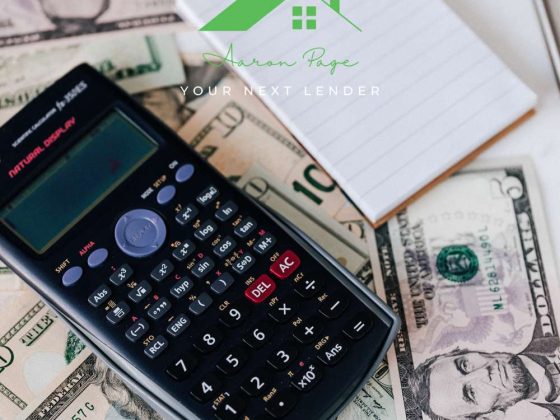In the journey towards homeownership, understanding each step can make the path smoother and less stressful. One crucial part of this journey is learning about escrow accounts. Today, we’re diving into this topic to help make sense of this important piece of the mortgage puzzle.
What is an Escrow Account?
So, let’s begin with the basics. An escrow account is a third-party account set up by your mortgage lender to hold funds needed for expenses related to your home, like property taxes and homeowners insurance. This arrangement ensures these costs get paid on time, even if you were to forget about them.
How Do Escrow Accounts Work?
When you close on your home, your lender sets up the escrow account. Each month, a portion of your mortgage payment goes into this account. This money is then used to pay your property taxes and homeowners insurance premiums when they are due. Essentially, it’s a savings account managed by your lender for specific expenses related to your home.
Why Do You Need an Escrow Account?
So why do lenders insist on escrow accounts? It’s a safety measure, really. By making sure money is always available for taxes and insurance, the lender protects their investment (and yours). If taxes were not paid, the local government could seize the property. Similarly, if the home is not insured, any damage would decrease the value of the home, the lender’s collateral for the mortgage.
Pros and Cons of Escrow Accounts
Just like every coin has two sides, escrow accounts have their advantages and disadvantages too.
Pros:
- Convenience: An escrow account simplifies budgeting for property taxes and insurance. Instead of having to come up with large sums twice or once a year, you make smaller payments with every mortgage payment.
- Timely Payments: With the lender managing the escrow account, you don’t have to worry about remembering due dates for insurance or taxes.
Cons:
- Lack of Control: With an escrow account, you don’t have control over when or how your taxes and insurance are paid.
- Potential for Errors: Mistakes can happen. If your lender makes an error with your escrow account, sorting it out can be a hassle.
What Happens If There’s a Shortage or Surplus in Your Escrow Account?
Each year, your lender will review your escrow account to make sure the balance is appropriate. If your property taxes or insurance premiums change (which they often do), it could lead to a shortage or surplus in your account.
If there’s a shortage, your lender will typically allow you to pay the difference in a lump sum or spread out over the next year. If there’s a surplus, the lender will usually cut you a check for the balance.
Wrapping Up
As you tread the path to homeownership, understanding the role of an escrow account in your mortgage journey is key. Remember, the more knowledge you have, the smoother your journey will be. Good luck, future homeowners!




